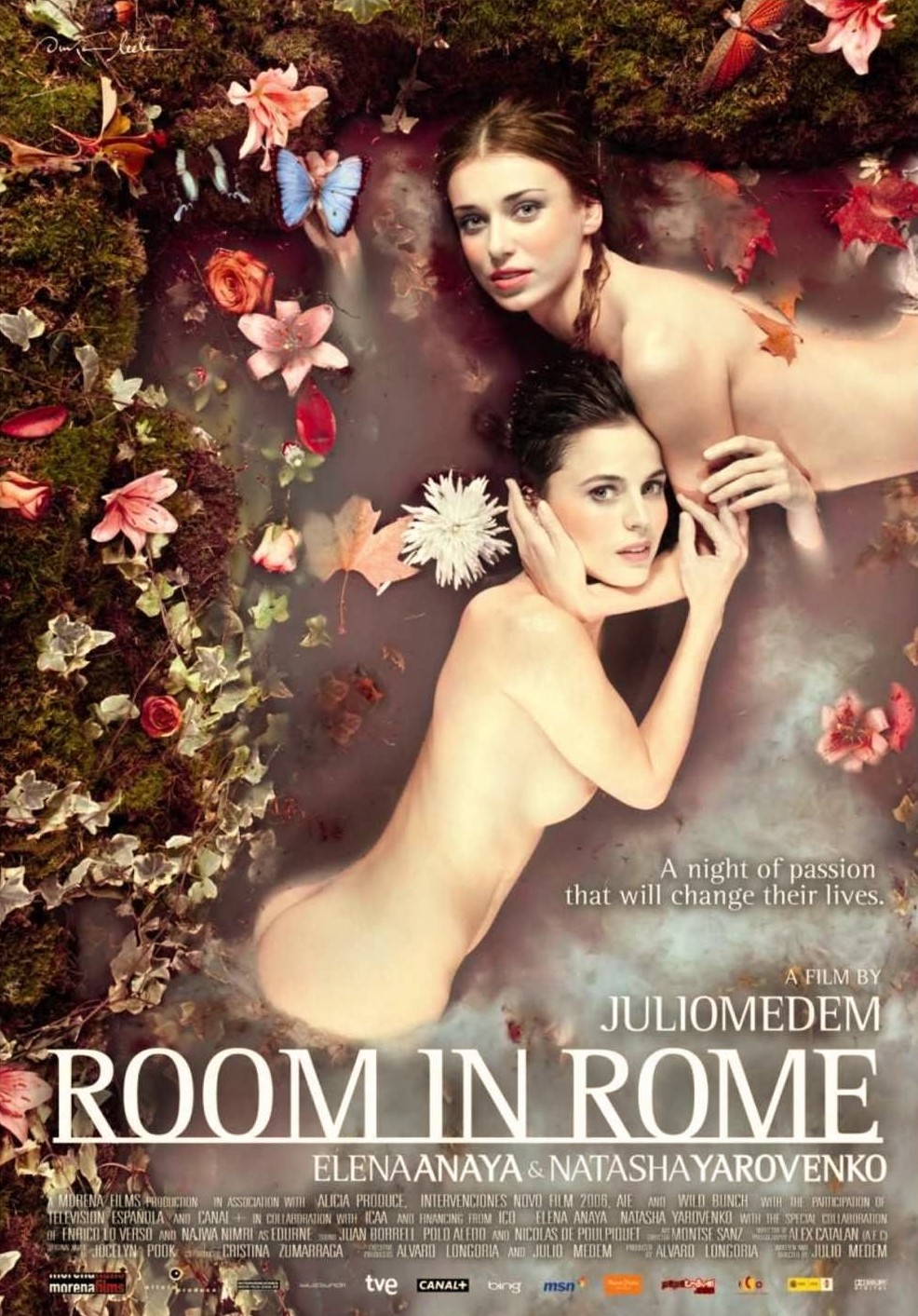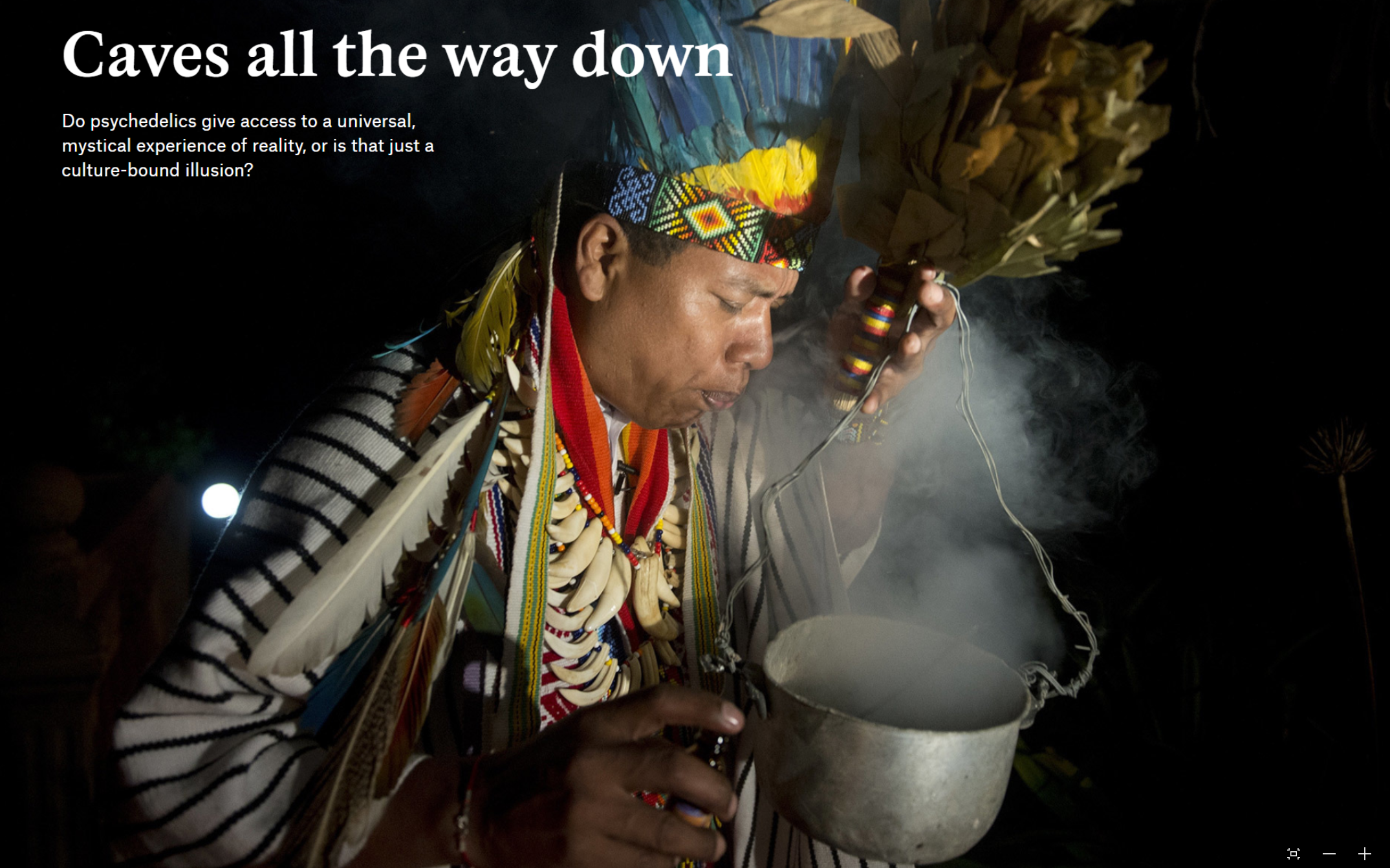Tag Archives: renaissance
1764 – Liebe und Zorn / Love and Fury (3 h podcast in German on mystic Jacob Böhme 1575–1624)
Deutschlandfunk Kultur: Eine Lange Nacht über Mystiker Jacob Böhme: Liebe und Zorn von Ronald Steckel (in German/download or listen)
Mysterium Magnum Chapter 11: Of the Mystery of Creation translated by John Ellistone for John Sparrow
“Jacob Boehme (1575-1624) was a peasant shoemaker who was infused with mystical divine light and started writing marvelous books in which he described panoramic visions of the Being of God, the eternal generation of the Godhead, the birth of the cosmos and the fall of Lucifer. Scholars of the royal courts and universities of Germany were astounded that an unlearned sexton could produce works like Aurora, The Three Principles of the Divine Essence and The Threefold Life of Man. These books, written in the homespun prose of a tradesman and with the strangest vocabulary the world had ever heard, exerted a mystifying power over his contemporaries. They thrilled Renaissance thinkers, reduced the clergy to sputtering rage and led some from darkness to light, but were received impassively by no one.
His thought is difficult to categorize except in seemingly oxymoronic terms like Esoteric Christianity, philosophical mysticism, sacred science, spiritual alchemy, Sophianic Lutheranism, psychological cosmology. Boehme’s philosophy synthesized two obscure seventeenth century intellectual movements (Germanic mysticism and philosophical alchemy) and, against all odds, became a significant force in the development of western science, art, philosophy and spirituality. Boehme has never been widely read and understood, but for the most part has been moderated to society by his interpreters—scientists and mystics, clergymen and occultists, scholars and fanatics. The diversity of thought inspired by Boehme indicates just how open to interpretation his highly figurative writings are. It has been said that the Boehmean literature is like a picnic to which Jacob brings the words and the reader brings the meaning. Boehme himself likens his writings to a looking glass wherein a man may see himself.
For three centuries Jacob Boehme’s thought ran through the western world like a hidden stream, influencing Newton, Milton, George Fox, the Philadelphian Society, the Cambridge Platonists, the Bavarian Illuminati (!), Goethe, Kant, Heidegger, Blake, Coleridge, Emerson, William Law, Madam Blavatsky, Rudolf Steiner, Hegel and Schopenhauer, Wagner and Nietzsche, Martensen and his nemesis Kierkegaard, Carl Jung and Martin Buber; many occultists and many clergymen.
In the latter half of the 20th century Boehme lapsed into relative obscurity. His books remained difficult to find until 2010 when they were rescued from oblivion by, well, by this website. All of Boehme’s works in English translation are now digitized and available on the LIBRARY PAGE
1462
Leonardo da Vinci, Notebook (”The Codex Arundel”) 1478-1518
Contents: Notebook of Leonardo da Vinci (”The Codex Arundel”). A collection of papers written in Italian by Leonardo da Vinci (b. 1452, d. 1519), in his characteristic left-handed mirror-writing (reading from right to left), including diagrams, drawings and brief texts, covering a broad range of topics in science and art, as well as personal notes. The core of the notebook is a collection of materials that Leonardo describes as ”a collection without order, drawn from many papers, which I have copied here, hoping to arrange them later each in its place according to the subjects of which they treat” (f. 1r), a collection he began in the house of Piero di Braccio Martelli in Florence, in 1508. To this notebook has subsequently been added a number of other loose papers containing writing and diagrams produced by Leonardo throughout his career. Decoration: Numerous diagrams.
1352 -The King (2019)
timespace coordinates: early 15th century England > France / Hundred Years’ War– 1415, Battle of Agincourt
 The King is a 2019 historical drama film based on several plays from William Shakespeare‘s “Henriad“. It is directed by David Michôd and written by Michôd and Joel Edgerton. The film stars Timothée Chalamet as King Henry V, with Edgerton, Sean Harris, Lily-Rose Depp, Robert Pattinson, and Ben Mendelsohn. (wiki)
The King is a 2019 historical drama film based on several plays from William Shakespeare‘s “Henriad“. It is directed by David Michôd and written by Michôd and Joel Edgerton. The film stars Timothée Chalamet as King Henry V, with Edgerton, Sean Harris, Lily-Rose Depp, Robert Pattinson, and Ben Mendelsohn. (wiki)
967 – 1492: Conquest of Paradise (1992)
timespace coordinates: 1490s Spain, the Bahamas
1492: Conquest of Paradise (in French, 1492 : Christophe Colomb) is a 1992 English-language French-Spanish epic historical drama film directed by Ridley Scott and written by Roselyne Bosch, which tells the fictionalized story of the travels to the New World by the Italian explorer Christopher Columbus (Gérard Depardieu) and the effect this had on the indigenous peoples of the Americas.
0936 – Room in Rome (2010)
timespace coordinates: 2010, Room in Rome

Room in Rome (Spanish: Habitación en Roma, Russian: Комната в Риме Komnata v Rime) is a 2010 Spanish erotic lesbian romantic comedy-drama film, depicting the emotional and sexual relations of two women throughout a single night in a hotel room in Rome. The plot is loosely based on another film, In Bed. Room in Rome was Julio Medem‘s (Lucía y el sexo) first English language film. (wiki)
705
Do psychedelics give access to a universal, mystical experience of reality, or is that just a culture-bound illusion?

https://aeon.co/essays/is-psychedelics-research-closer-to-theology-than-to-science
“Silicon Valley billionaires are putting their blockchain millions into funding psychedelics research, and corporates are preparing for a juicy new market. The counterculture has gone mainstream. Turn on, tune in, sell out. ”
“Perennialists tend to rank religions and mystical experiences hierarchically. All religions are one, but some are more one than others. Unitive non-dual experiences are more true, while dualist experiences (ie, personal encounters with God or a spirit) are less true. Accordingly, Buddhism, Hindu mysticism and Taoism are more true, while Christianity, Judaism, Islam and Shamanism are less true. The psychedelic research at Johns Hopkins follows this theological ranking. It uses the Hood Mysticism Scale to rate people’s psychedelic experiences – unitive experiences are scored as higher and more ‘complete’ than dualist experiences.”
“Western spiritual tourists can have a culturally naive idea that their experience of ayahuasca is the same as indigenous people’s experience, that everyone goes to the same Magic Kingdom where we all meet the same entity: Mama Ayahuasca.”













